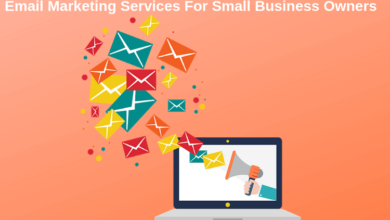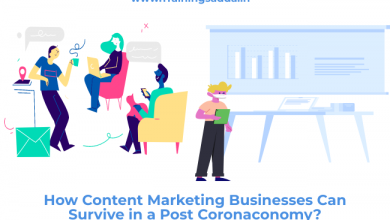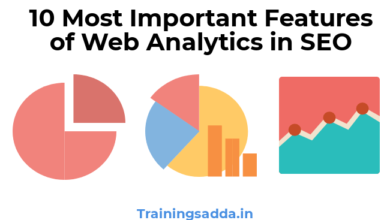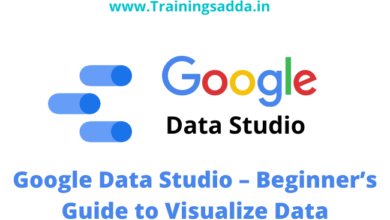SEO Vs. PPC – What Will Bring You More ROI?
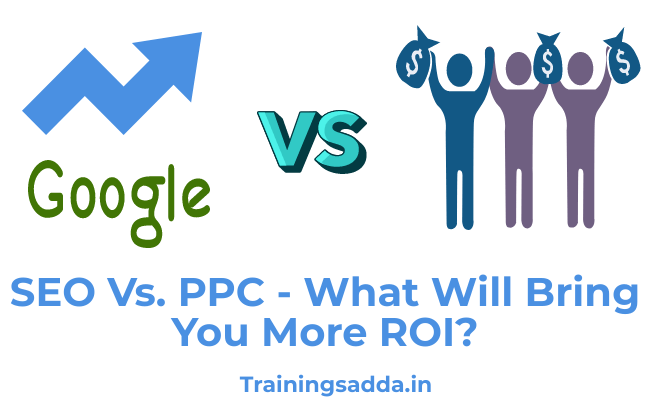
Last Updated on November 29, 2019 by Prabhakar A
Experts on Web Positioning, whether they belong to small and medium enterprises that work on Organic positioning or AdWords, often debate over the question:
Table of Contents
What is better for my long-term brand, SEO or PPC ?
Well, we can’t answer that question without looking at both sides of the coin. This question is certainly worth asking since your company, and its results are at stake, and you definitely have to understand the difference between both techniques and their effectiveness.
Read more: How To Increase Revenue Through Digital Marketing?
Search marketing deserves a multifaceted approach that begins with a solid organic foundation that can and should be complemented and enhanced with the use of pay-per-click (PPC) campaigns. These campaigns will further increase exposure and increase conversions, customers, and sales. Therefore, you must ensure that your website complies with several key elements in order to implement the best SEO practices.
The website should be an easy-to-use, search-friendly, and technically sound. Additionally, the site should also be visually and aesthetically pleasing.
Once your website meets the requirements to work on SEO positioning, it would be very beneficial to intensify marketing efforts with some PPC campaigns that go beyond the limited organic reach of the brand and/or its website.
Read more: 15 Best Browser Extensions For SEO Professionals
This fact should be established that organic search marketing dramatically drives more traffic to websites than search marketing. A study published by the director in 2014 shows that organic search is responsible for approximately 64 percent of an average site’s traffic, while paid search generates only 6 percent.
It is on this issue that we must stop and explain that there is a big difference in the traffic quality obtained by SEO and that obtained by Google Ad Services AdWord since the paid traffic consists of qualified visitors who are more prone to conversion or sale. Regardless, it would be foolish to ignore the amount of traffic generated by organic search resultsthat can also help you rank your business or brand across search engines like Google, Bing, etc.
While it is no secret that paid advertising helps a brand, product, or service achieve the objectives it aims to accomplish, it is also important to consider the disparity in volume between organic and paid search in terms of traffic.
If a website is poorly developed or does not meet basic SEO requirements, it will not make much sense to spend on its advertising, since it is on a website that does not work well and will give you the desired results. You must always remain attentive to your site and errors that create problems for adequate advertising: web 404 pages, broken links, etc.
This does not mean that a low-quality website would never see some kind of boost from PPC advertising. Although it is possible to see results from your PPC campaigns, it would turn out to be quite expensive for you.
If a brand stops investing in PPC advertising (Google Ad Services), it can always generate traffic through referrals, backlinks, and social networks – This is another reason why a solid organic presence is critical to the overall success of a website.
What is best for immediate impact?
Now, if the question was asked differently, for example, something in the lines of: “What is better for my brand for an immediate impact, SEO or PPC?”, The answer to that would be quite different than the one explained above.
One option is to place your money in Google Ad Services through AdWords, which should produce a recognizable ROI, assuming the ad is satisfactory and effective, and the landing pages used for paid campaigns are easy enough for the user. However, relying solely on paid placement can be expensive, especially if the other elements on which your success depends do not work properly or effectively.
The two powerful tools that can help you change gears
Search marketing, which consists of paid search marketing (SEM) and Organic (SEO), makes sure that the user’s journey is smooth, from discovery and research to sales and conversion.

Although they work incredibly well together, they aren’t as effective for smaller brands. For situations like this, it makes sense to opt for intense SEO improvements before moving on to a more PPC-focused approach.
SEO maintenance is also an aspect that should be taken care of every single year in order to comply with the many and sometimes important algorithm updates that take place during a given year.
All in all,a well-calculated balance between organic improvements and a paid search budget is always the best solution for a brand with a limited budget and big goals.
What about business websites?
In this situation, the answer to the question initially asked would be completely different.
When a business-level brand stops placing PPC ads through Google Ad Services, you are likely to see a decline in performance, just like any other website.
But these big brands also often have internal teams with marketing specialists to monitor the efforts that generally include: keeping the website optimized for quality performance.
And let’s not forget the fact that many corporate websites have already built a quality web presence through various organic signals. This helps improve the site’s visibility with paid placement and gives a substantial ROI to the business.
Which one is right for your business?
If you’re on a limited budget and have to decide between the two marketing practices, its best that you consider several other factors between the two methods before making a decision.
Read more: Digital Marketing Tools to Upscale a New Business
Based on this disproportion, it is evident that the power of paid search marketing exceeds that of the organic search, but are we only interested in driving traffic, even if it isn’t willing to convert or buy?
Other factors that should be examined are:
- The current status of your website.
- The level of organic visibility of your website.
- If you’re currently using paid search marketing techniques.
- The objectives of your website and brand.
- Where does the majority of your site traffic come from?
- How your brand, product, or service fits best for the buyer of a search engine.
Comments
0 comments
